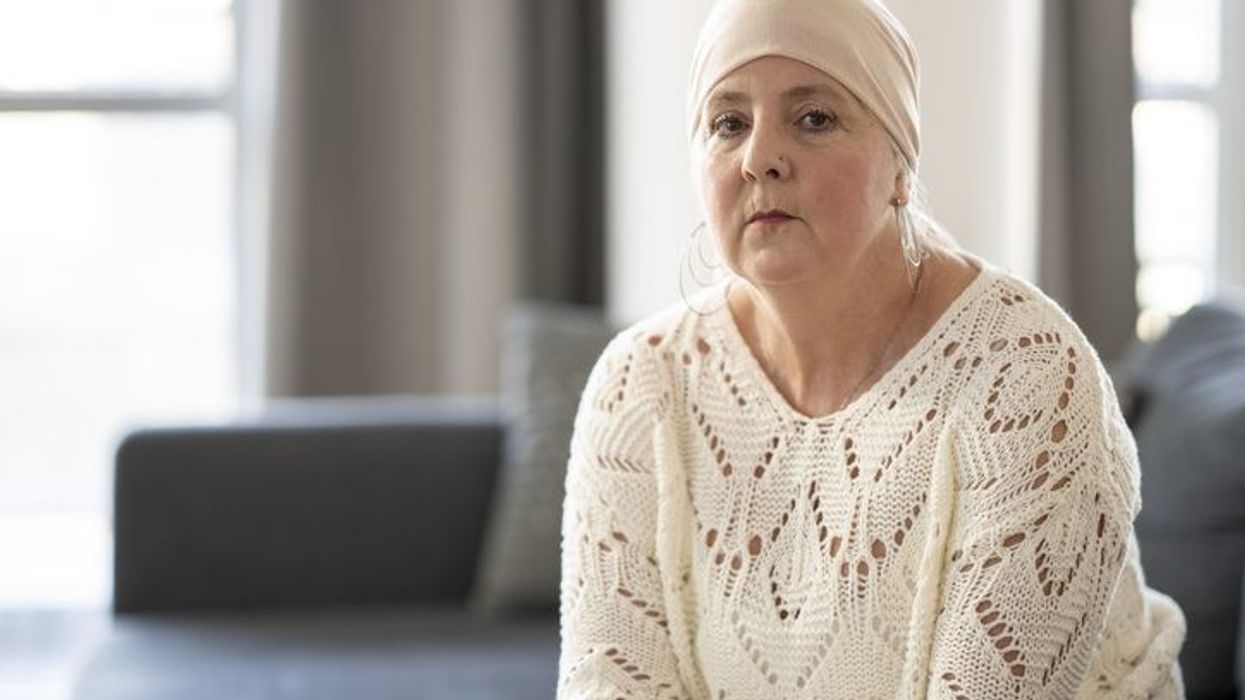Most women diagnosed with ovarian cancer face the most advanced stage of the disease, and the survival rate for those diagnosed with the condition is less than a third, lasting five years. As the third most common type of gynecological cancer, ovarian cancer accounted for over 200,000 documented deaths globally in 2020, according to a recent study.
In a recent publication in the Journal of Experimental & Clinical Cancer Research, researchers from the University of Notre Dame, in partnership with NeoGenomics Laboratories, have uncovered crucial insights into a significant factor contributing to the heightened fatality of ovarian cancer: obesity.
Obesity, considered a non-infectious pandemic, is known to increase the risk of ovarian cancer and decrease the likelihood of surviving the disease.
A team of researchers led by M. Sharon Stack, the Ann F. Dunne and Elizabeth Riley Director of Notre Dame’s Harper Cancer Research Institute, and Anna Juncker-Jensen, senior scientist and director of scientific affairs at NeoGenomics, wanted to understand why obesity makes ovarian cancer more deadly.
The researchers analysed cancer tumour tissues from ovarian cancer patients. They were able to compare the tissues of patients with a high body mass index (BMI) to those with a lower BMI, and two important differences stood out.
In cancer patients with a BMI higher than 30 (the range for obesity determined by the Centers for Disease Control and Prevention), the researchers found a particular pattern in the type of immune cells surrounding cancerous tumours.
They found a change in the populations of a type of immune cells, called macrophages, infiltrating the tumour that are typically associated with more advanced cancer stages and poor survival.
The cancerous tumours in obese patients were also surrounded in more stiff, fibrous tissue known to help tumours resist treatment by chemotherapy.
The team was also able to confirm their findings by observing similar patterns in ovarian cancer-bearing mice fed a high-fat diet.
Stack, who also serves as the Kleiderer-Pezold Professor of Chemistry and Biochemistry in the College of Science at Notre Dame, emphasised that the study offers hope for better treatments as the prevalence of obesity increases worldwide.
“Our data gives a more detailed picture of how and why obesity may affect ovarian tumour progression and therapeutic responses to the cancer,” Stack said.
“We are hopeful that these findings will lead to new strategies for targeted therapies that can improve outcomes for ovarian cancer patients,” she added.
(ANI)




